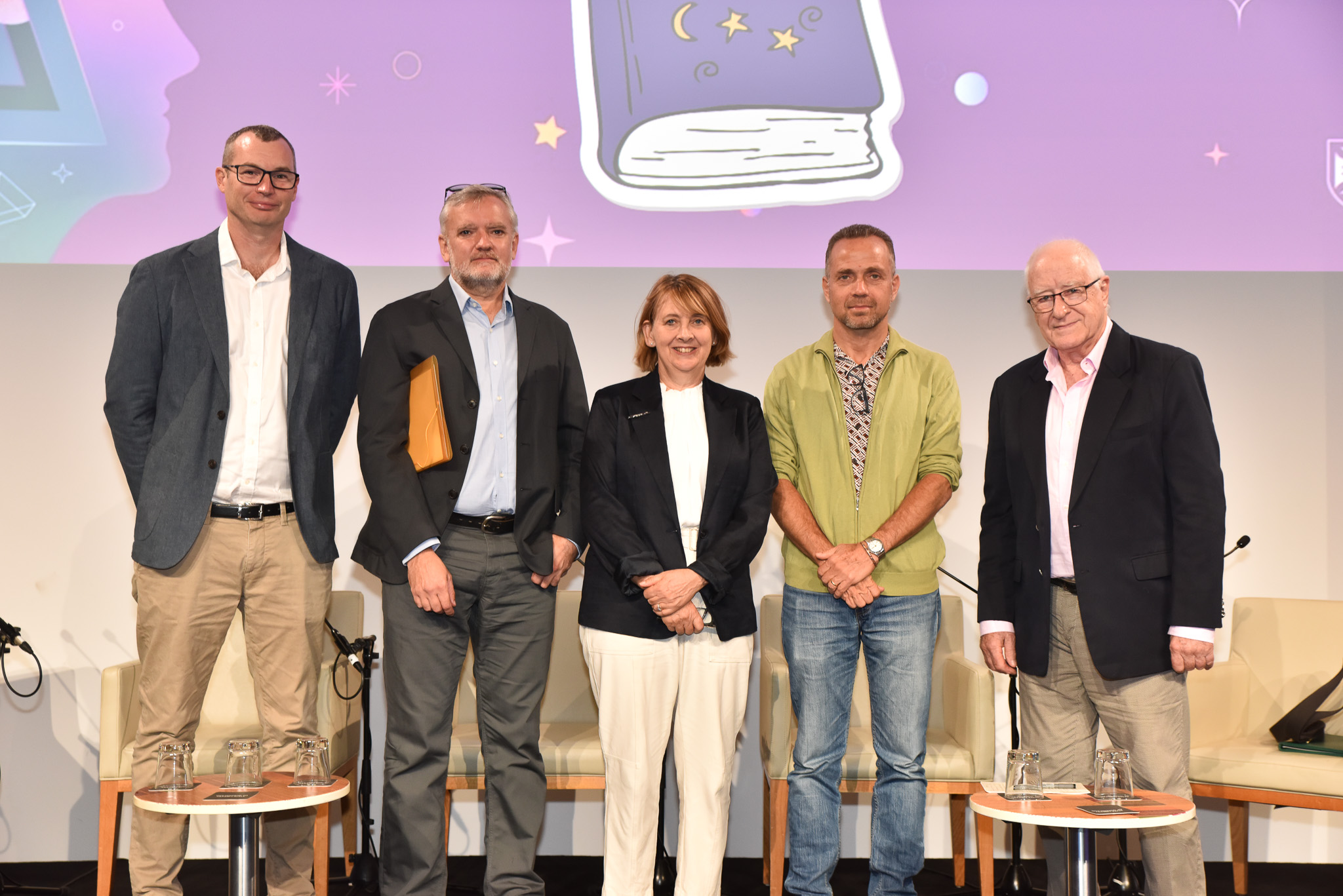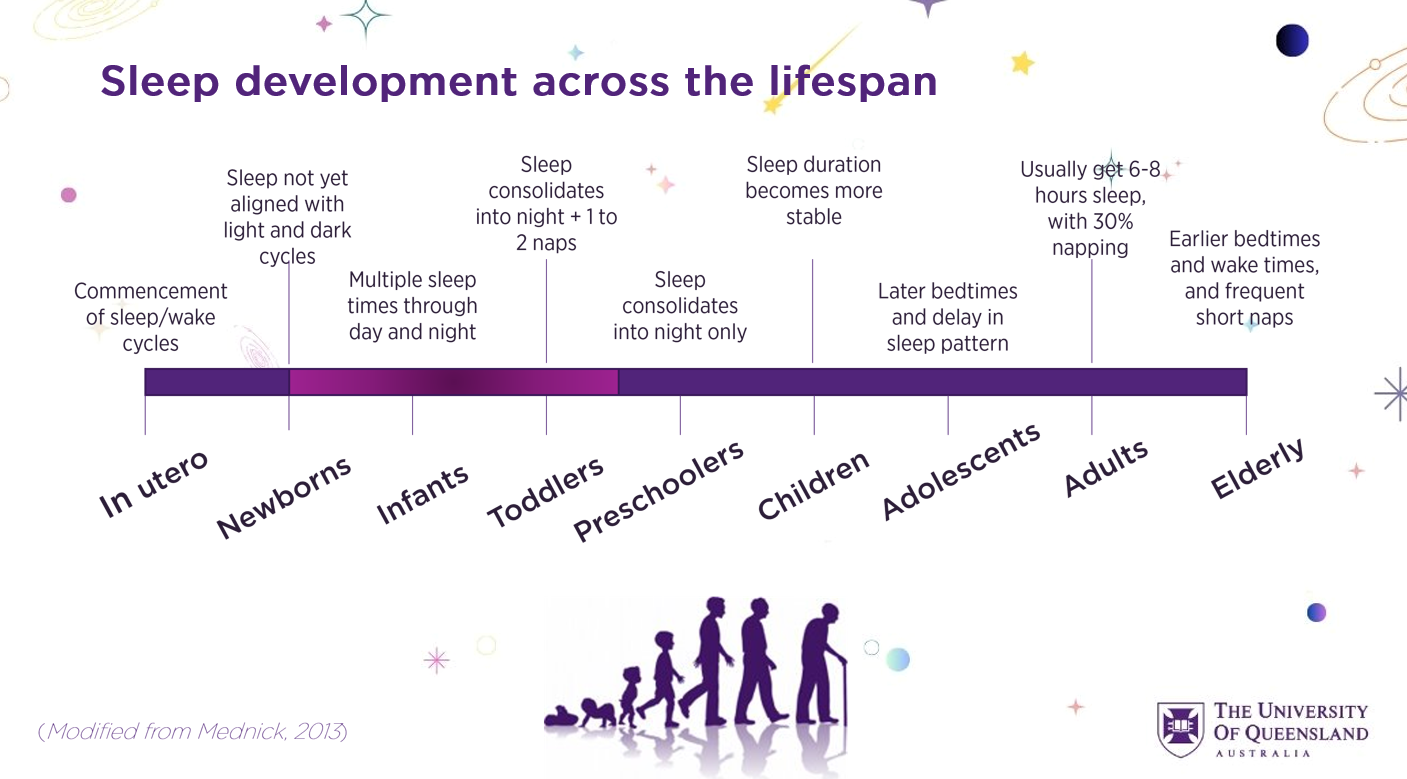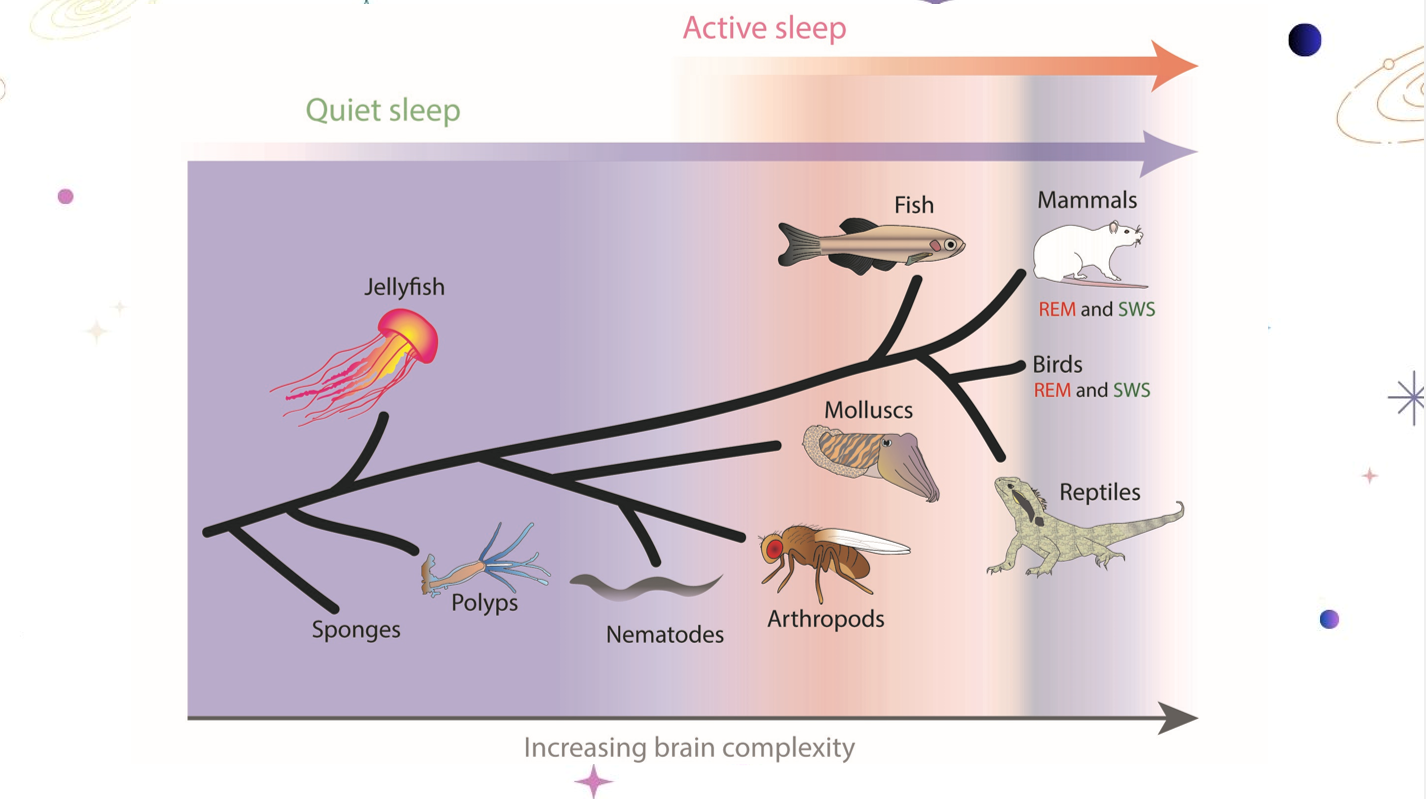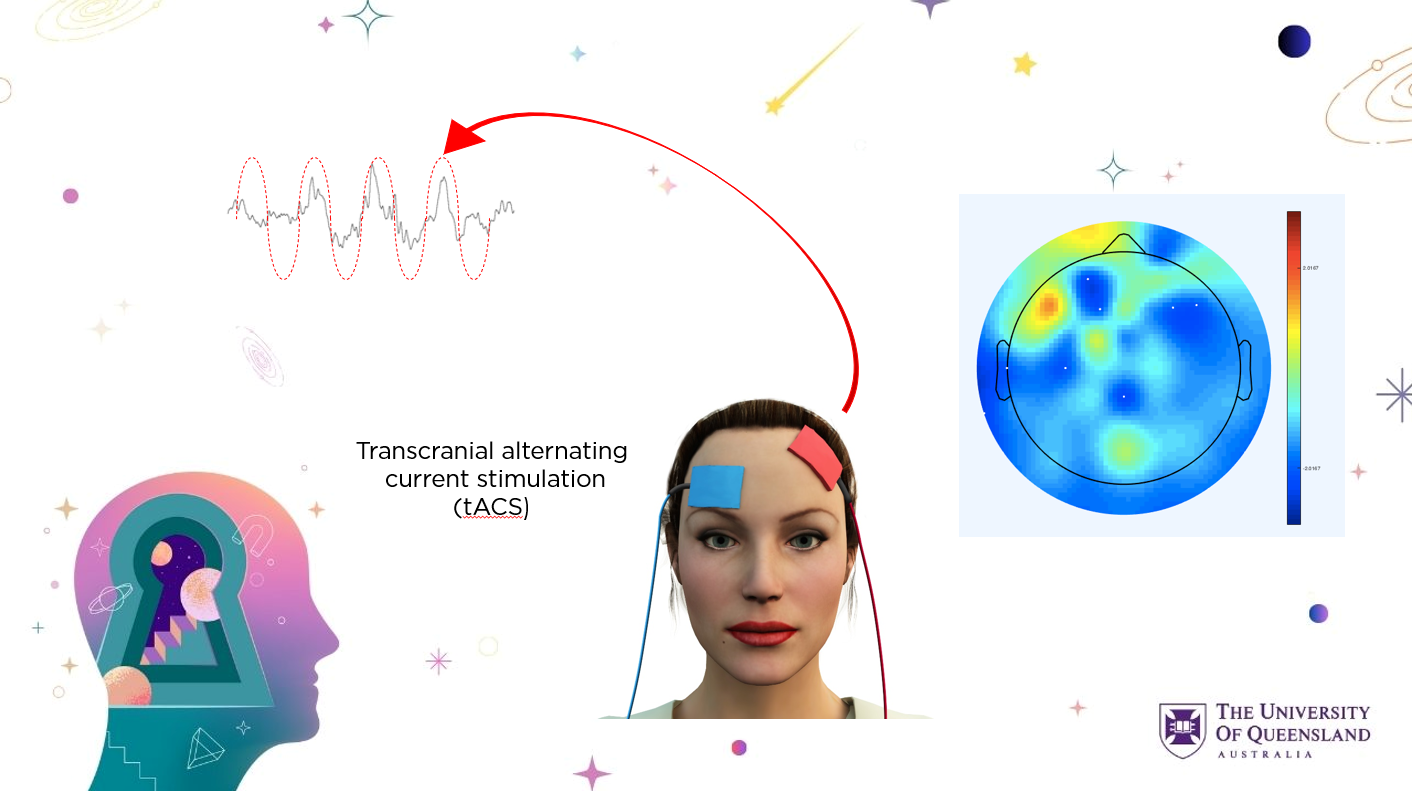Celebrating World Sleep Day and Brain Awareness Week: Getting Deep into Sleep
On Thursday 15 March, during Brain Awareness Week, the Queensland Brain Institute (QBI) hosted Getting Deep into Sleep, a free public lecture at the State Library of Queensland. On the eve of World Sleep Day, experts from the University of Queensland delved into the world of sleep to unpack what happens in our brains as we sleep.

The panel was chaired by UQ Emeritus Professor Roland (Roly) Sussex and included QBI’s resident sleep expert, Professor Bruno van Swinderen, QBI’s Professor Karen Thorpe, (Child Development, Education and Care researcher), Professor Simon Smith, (UQ’s Institute for Social Science Research), and Associate Professor Martin Sale, (neurophysiologist and physiotherapist).

Professor van Swinderen set the scene by exploring what goes on in the brain during a typical night’s sleep. The brain cycles through different stages of sleep, each stage serving different biological functions for the brain and body, as the night progresses and sleep pressure eases. These functions change as we age. In fact, scientists can accurately determine your age based on your brain’s activity during a night’s sleep.
Professor Thorpe unpacked the nature and importance of sleep for child development. The first five years of life, from multiple sleep-wake cycles through nap schedules and routines to transitioning to school, impacts the trajectory of sleep and overall health going forward. As children progress through these early years, their highly plastic brains change and develop rapidly – sleep is fundamental for establishing a foundation for healthy brain development.

Professor Smith explored the social aspects of sleep within societies. Good sleep is not evenly distributed across the population, yet it sits alongside diet and exercise as pivotal to good health and overall wellbeing. Geography, noise pollution, overcrowding, poor air quality, and shift work, among others, all play a part in a good night’s sleep versus a poor night’s sleep. While the physical act of sleep itself may take place at the individual level, it is deeply connected to and impacted by our families, houses, communities, and cultures.

Professor van Swinderen reflected on the link between REM sleep and consciousness, explaining his hypothesis that the function of REM sleep is to keep us conscious. The reason you feel like a zombie after a bad night’s sleep: without REM sleep, we would literally be zombies. Professor van Swinderen believes that REM helps regulate our emotions. Why then, do flies, bees and octopuses need REM sleep? (Watch the event recording for an answer to this fascinating question)

Associate Professor Sale offers light at the end of the tunnel for those suffering from sleep deprivation. Brain stimulation, or transcranial alternating current, can offset the effects of sleep deprivation and help us function better after a period of poor sleep. A weak electric current is passed between two electrodes on the brain, mimicking the frequency of slow wave sleep and tricking the brain into thinking its asleep. This technology could change the lives of insomniacs and shift workers, with exacerbating effects of persisting sleep deprivation ultimately reducing life expectancy.

Hear what some of our audience members had to say about the event:
If you missed out on the event, you can watch the recording here.
